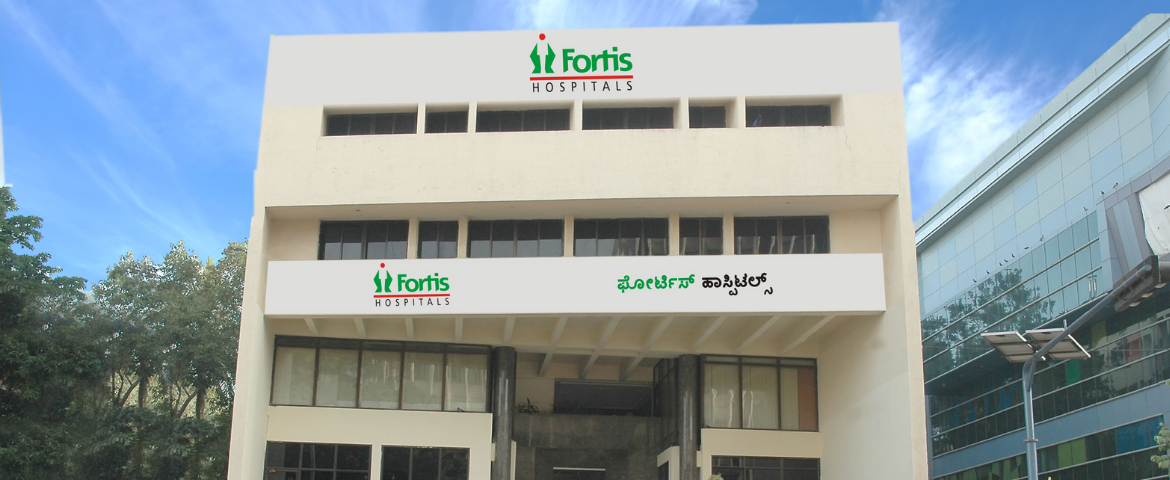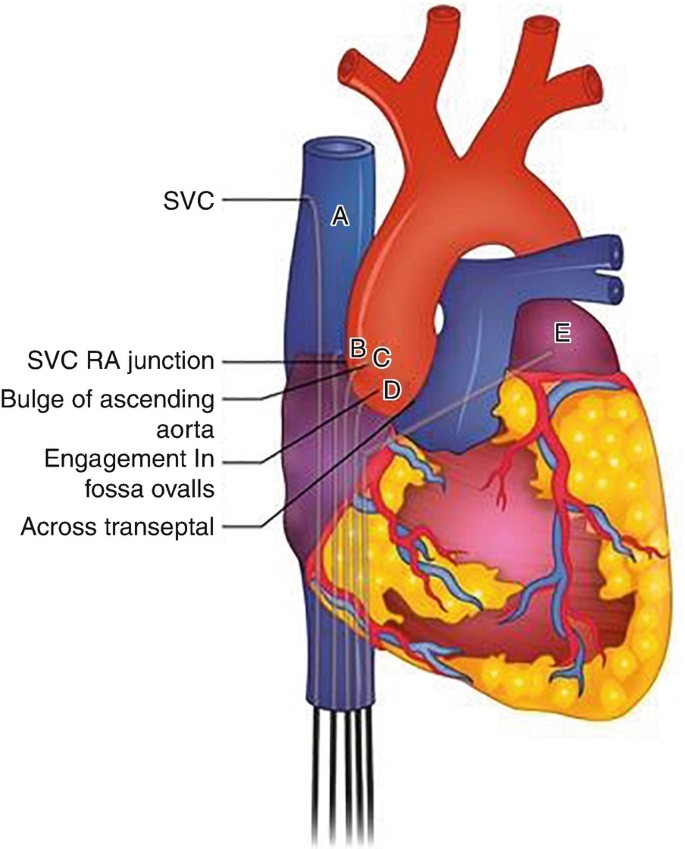PTMC (Percutaneous Transvenous Mitral Commissurotomy) cost in India
The cost of PTMC (Percutaneous Transvenous
Mitral Commissurotomy) in India ranges from USD 3100 to USD 7000
PTMC (Percutaneous Transvenous Mitral Commissurotomy)
For individuals with mitral stenosis who are candidates for commissurotomy, percutaneous transvenous mitral commissurotomy (PTMC) is the recommended course of treatment. Moreover, palliative therapy is provided by PTMC to patients who are not suitable candidates for surgery.
Procedure Description:
PTMC (Percutaneous Transvenous Mitral Commissurotomy)
For individuals with mitral stenosis who are candidates for commissurotomy, percutaneous transvenous mitral commissurotomy (PTMC) is the recommended course of treatment. Moreover, palliative therapy is provided by PTMC to patients who are not suitable candidates for surgery.
Disease Overview
Mitral valve stenosis
Mitral valve stenosis, also known as mitral stenosis, is a narrowing of the mitral valve in the heart. This defective valve does not open correctly, preventing blood flow into your heart's main pumping chamber (left ventricle). Mitral valve stenosis can cause fatigue, shortness of breath, and other issues.
Disease Signs and Symptoms
Pressure that builds up in the heart is pushed back to the lungs with mitral valve stenosis, causing fluid buildup (congestion) and shortness of breath.
The illness normally takes a long time to develop. Mitral valve stenosis might make you feel fine or cause modest symptoms for decades. Mitral valve stenosis symptoms usually begin between the ages of 15 and 40, but they can appear at any age, including childhood.
Signs and symptoms of mitral valve stenosis include:
- Shortness of breath, especially during exertion or when lying down.
- Fatigue, particularly during periods of increasing activity.
- Swelling of the feet or legs.
- Feelings of a racing, fluttering heart (palpitations)
- Discomfort or soreness in the chest.
- Coughing up blood.
- Feeling dizzy or faint.
Disease Causes
Mitral valve stenosis can be caused by a variety of factors, including:
Rheumatic fever: It is a strep throat complication that can damage the mitral valve. The most prevalent cause of mitral valve stenosis is rheumatic fever. It can harm the mitral valve by thickening or fusing the flaps. Mitral valve stenosis symptoms and signs may not appear for years.
Calcium deposits: Calcium deposits can form around the mitral valve (annulus) as you get older, which can lead to mitral valve stenosis.
Radiation therapy: The mitral valve can thicken and stiffen as a result of radiation treatment for some types of cancers that need chest radiation.
Other causes: Rarely, newborns are born with a constricted mitral valve (congenital defect) that causes long-term complications.
Diagnosis
Your doctor will inquire about your medical history and do a physical examination, which will involve a stethoscope listen to your heart. The abnormal heart sound caused by mitral valve stenosis is known as a heart murmur.
Your doctor will also listen to your lungs for signs of lung congestion, which can occur with mitral valve stenosis and is caused by a buildup of fluid in the lungs.
To assess the reason of mitral valve stenosis and whether the valve can be repaired, tests can be performed. The following tests are commonly used to identify mitral valve stenosis:
Electrocardiogram (ECG): Electrical impulses from your heart are measured by wires (electrodes) placed to pads on your skin, providing information about your heart rhythm.
Chest X-ray: Your doctor can use a chest X-ray to see if your heart is enlarged. An X-ray of your chest can also reveal the state of your lungs.
Transthoracic echocardiogram: Sound waves from a wand-like instrument (transducer) placed on your chest are directed towards your heart, producing video pictures of your heart in action. This test is used to validate a mitral valve stenosis diagnosis.
Transesophageal echocardiogram: A wand-like device is put down your throat at the end of a tube. This allows your doctor to see the mitral valve in greater detail than a standard echocardiogram.
Cardiac catheterization: This test isn't commonly used to identify mitral valve stenosis, but it may be done if other tests can't diagnose or assess the severity of the problem.
Disease Treatment
You may not require immediate treatment if you have mild to severe mitral valve stenosis and no symptoms. Your doctor will instead keep an eye on the valve to see if your situation worsens. A mitral valve problem can't be fixed with medicine. Certain medications, on the other hand, can alleviate symptoms by reducing heart strain and managing heart rhythm.
Surgery:
Mitral valve stenosis may require valve repair or replacement, which may include surgical and nonsurgical treatments.
Percutaneous balloon mitral valvuloplasty: In this procedure, also known as balloon valvotomy, a doctor guides a soft, thin tube (catheter) topped with a balloon via an artery in your arm or groyne to the constricted valve. The balloon is inflated once it is in place to expand the valve and improve blood flow. After that, the balloon is deflated, and the catheter with the balloon is withdrawn.
Surgical commissurotomy: If balloon valvuloplasty isn't a possibility, a heart surgeon may conduct surgical commissurotomy to clear the valve channel by removing calcium deposits and other scar tissue.
Mitral valve replacement: If the mitral valve cannot be repaired, surgery to replace it with a mechanical valve or a valve manufactured from cow, pig, or human heart tissue may be considered (biological tissue valve).
Country wise cost comparison for PTMC (Percutaneous Transvenous Mitral Commissurotomy):
| Country | Cost |
|---|---|
| India | $3690 |
| Iran | $914 |
Treatment and Cost
12
Total Days
In Country
- 2 Day in Hospital
- 2 No. Travelers
- 10 Days Outside Hospital
Treatment cost starts from




